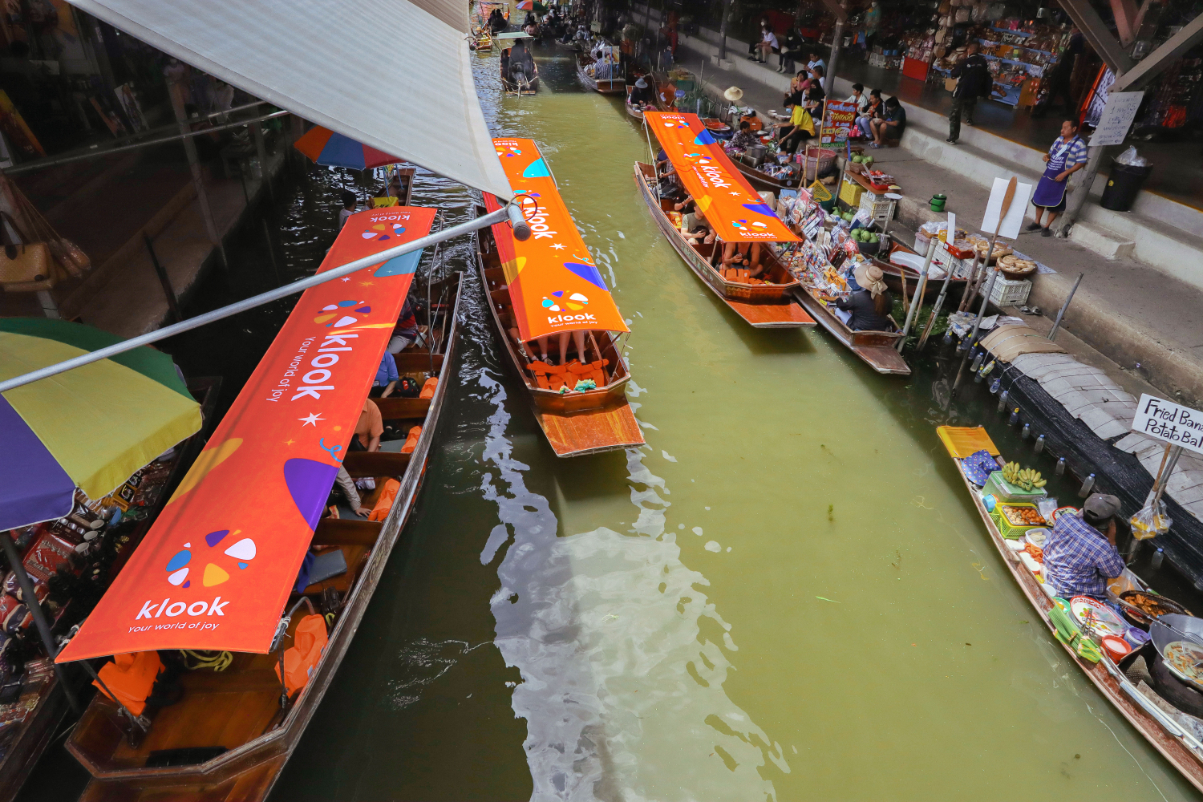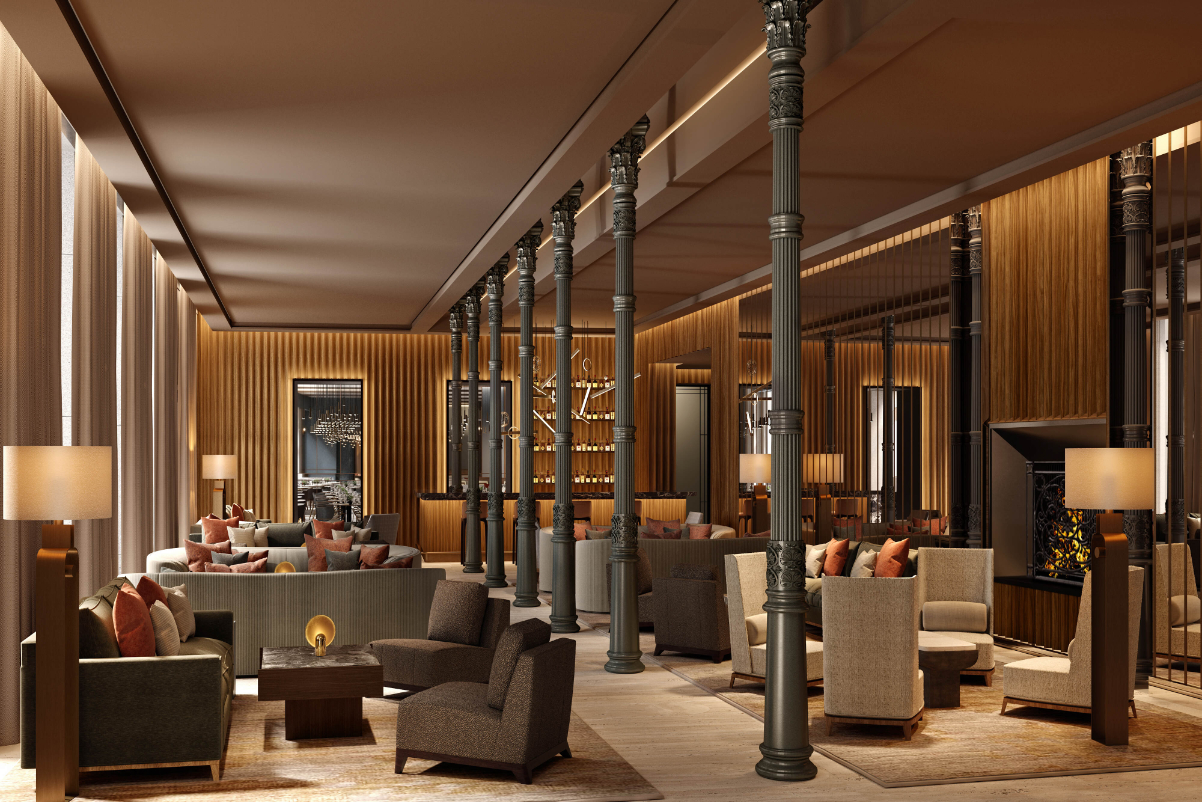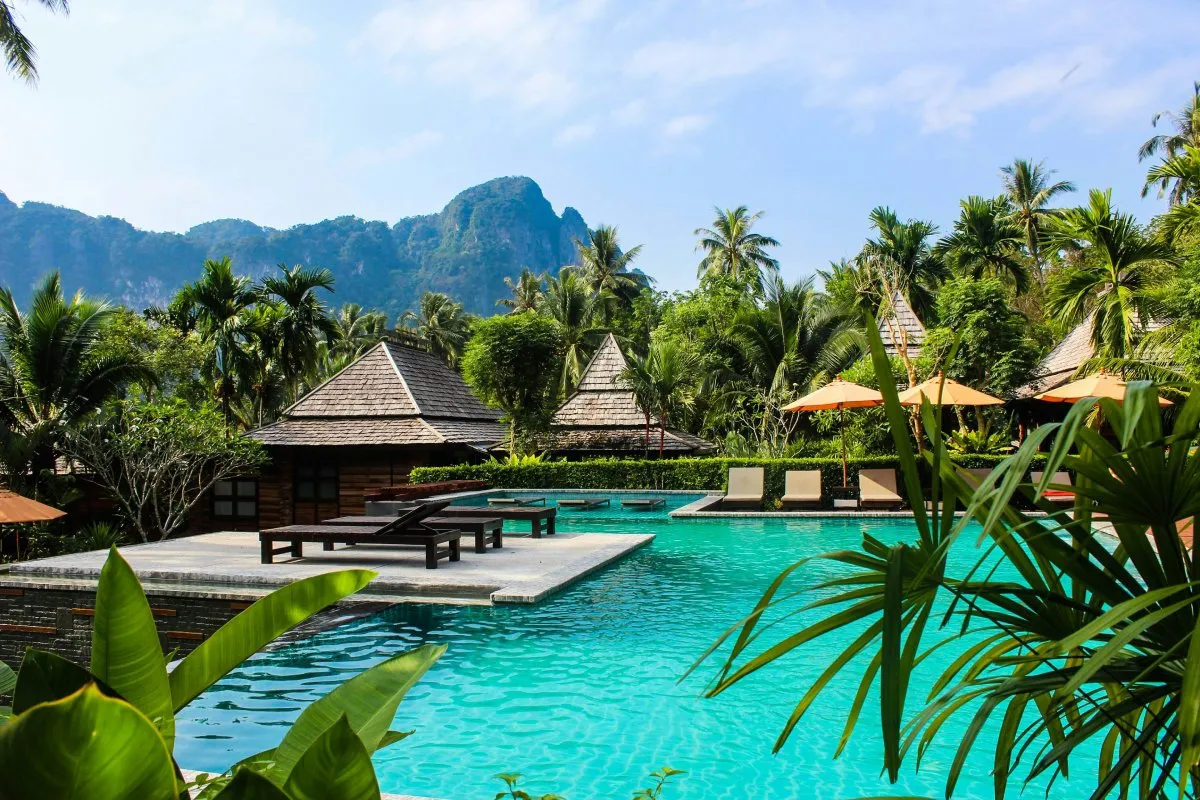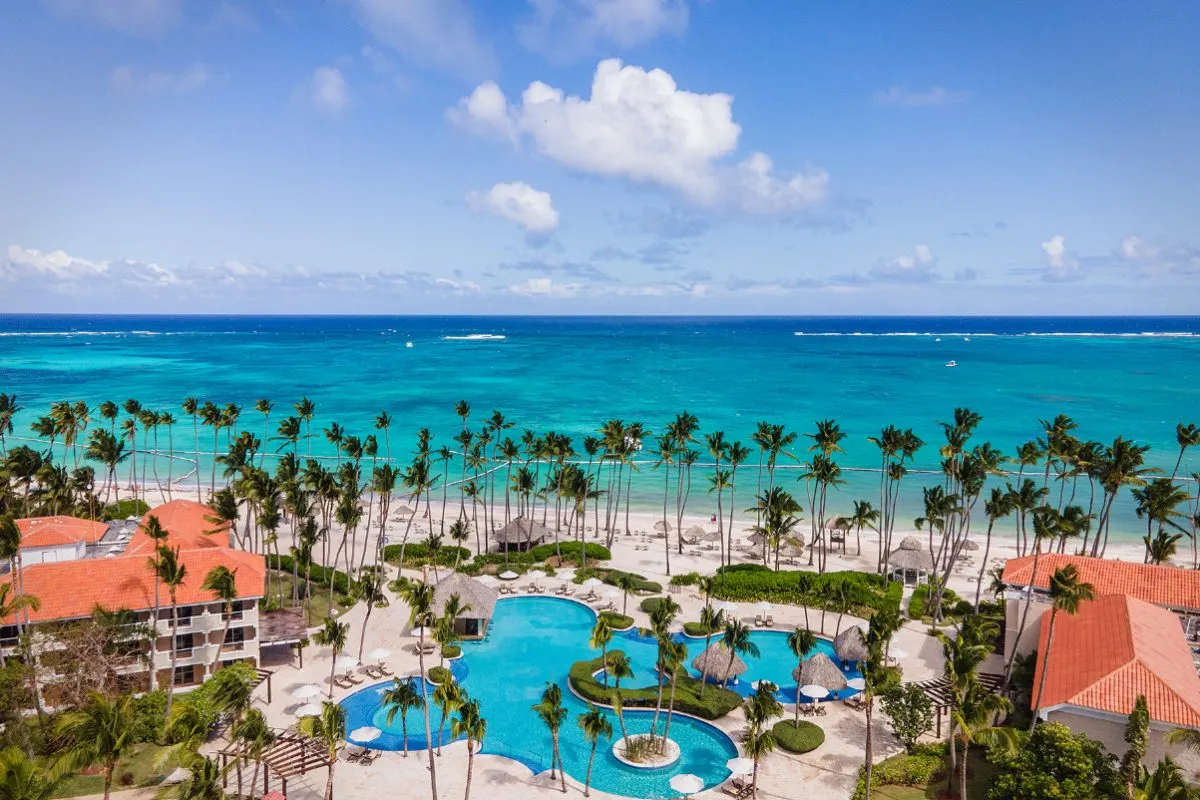Hilton Adds Resort Amenities to Business Hotels After Months of Leisure-Led Travel
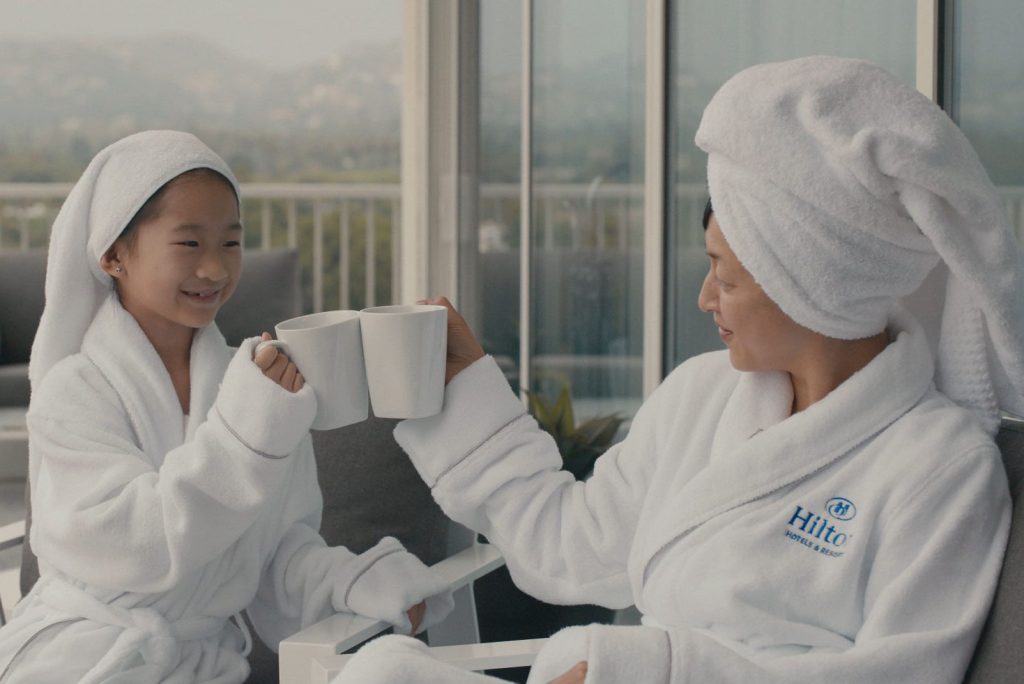
Skift Take
Travel trends during the hotel industry's ongoing recovery from the coronavirus pandemic have Hilton leaders rethinking their entire portfolio with an eye toward leisure travelers.
Hilton spent the last decade largely focused on business-oriented hotels in its development pipeline. From city center hotels to Hampton Inns near a highway, the business traveler was top of mind when pursuing new properties.
But general hotel industry sentiment on the pandemic recovery path is less centered around corporate travel: First come the leisure travelers, then the independent business travelers, and finally convention and events.
The leisure traveler block is now driving Hilton to change the layout at some of its existing hotels, especially after a company survey released Monday showed overwhelming demand for leisure travel in the U.S.
“It reinforced that the leisure part of our business is really, really going to recover, even in a world where the business environment is still uncertain,” said Danny Hughes, president of the Americas at Hilton. “What it has done now is accelerate the need for us to find more and more leisure destinations.”
Hilton altered its view of what constitutes a resort destination in light of the pandemic putting a travel priority on any outdoor setting, not just a beach or a ski resort. The company is even retrofitting hotels aimed at single business travelers by adding connecting rooms to accommodate more families and expanding food and beverage outlets to handle more people rather than business travelers quickly passing through.
“I think we’re finding more and more ways to not only get traditional resorts but also look at hotels not in typical resort destinations, adding amenities, and altering things a bit and making them more resort-friendly,” Hughes said.
Hilton even tweaked brand standards to adjust to new expectations in travelers. The company relaxed standards earlier in the year to give hotel owners a temporary financial reprieve from costly renovations at a time when cash was sparse and occupancy rates were at record lows.
But while Hilton may allow owners to put off items like bathroom renovations to a guest room, areas it won’t budge on are things like air handling units for improved circulation and HEPA filters, a type air filtration system used heavily by the airlines to remove airborne particles.
“We’re adjusting our brand standards a bit to be very focused on this new expectation of guests,” Hughes said.
Careful Timing
The shift in outlook comes as Hilton's “To New Memories” ad campaign aims to win over more market share in a hotel industry still very much reeling from the impact of coronavirus.
It may seem like an odd time to market to travelers, and Hilton leaders aren’t ignoring the fact that the coronavirus pandemic is still very much ongoing.
“Like everybody else in the industry, we were trying to judge when was the right time to start doing a campaign," Hughes said. "You’re obviously not going to do it when the health crisis is at its height."
The campaign is an important building block for Hilton’s recovery from a pandemic that put many of its employees on furlough and permanently ended the jobs of 22 percent of its corporate staff.
It also comes at a time when all major brands, from Hilton to IHG, signal the downturn is also a time to seize growth opportunities, from inking new franchise agreements to adding new members in loyalty programs.
But you need guests in existing hotels before you can even think about growing.
Hilton's own path to building back to pre-pandemic performance levels began with building traveler confidence, largely through its CleanStay health and safety protocol that focused on more frequent cleanings of public spaces and on high-touch areas of a guest room. The program partnered with the maker of Lysol cleaning products as well as consulted with the Mayo Clinic on best practices.
Hilton also promoted contactless features like mobile check-in and digital room keys via the Hilton Honors mobile app, an initiative that was underway before the pandemic.
“As we transition to an area where the whole world isn’t talking about Covid every day, you will see less of the in-your-face stuff, but there are certain things in the guest experience that were trends anyway that this has accelerated, and there’s no going back,” Hughes said.
But he also recognizes it is important to maintain ties to the confidence-building first steps of the recovery process while Hilton looks ahead to accelerating its recovery.
“We’re trying to be surgical here,” he said. “We believe we have created the environment where you can feel safe. We would never have done this campaign before we did CleanStay.”

